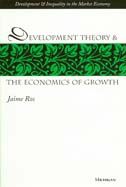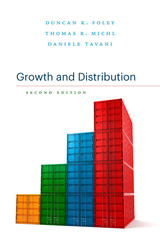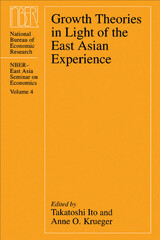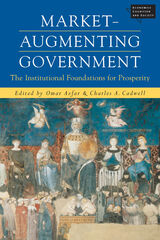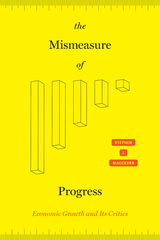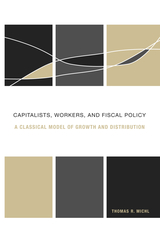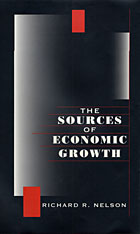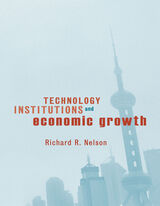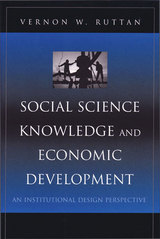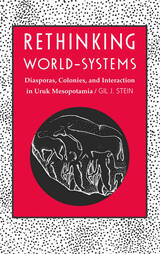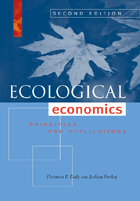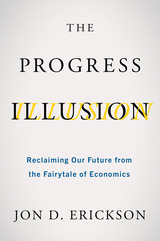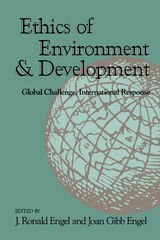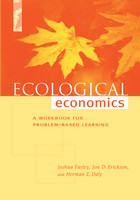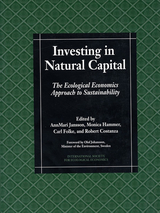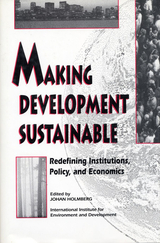Development Theory and the Economics of Growth
University of Michigan Press, 2000
Paper: 978-0-472-08847-8 | Cloth: 978-0-472-11141-1
Library of Congress Classification HD75.R67 2000
Dewey Decimal Classification 338.9
Paper: 978-0-472-08847-8 | Cloth: 978-0-472-11141-1
Library of Congress Classification HD75.R67 2000
Dewey Decimal Classification 338.9
ABOUT THIS BOOK | REQUEST ACCESSIBLE FILE
ABOUT THIS BOOK
Why are some countries richer than others? Why do some economies grow so much faster than others do? Do economies tend to converge at similar levels of per capita income? Or is catching up simply impossible? These questions have vast implications for human welfare. After a period of lack of interest in growth theory, they are back on the research agenda of mainstream economics. They have also been at the heart of development economics since its inception some decades ago. This book endeavors to answer such questions by blending classical contributions to development theory with recent developments in the economics of growth.
The unifying theme is that early theoretical insights and accumulated empirical knowledge of development economics have much to offer to research in the theory and empirics of economic growth. With the help of a number of recent contributions, the ideas and insights of the classical literature in development economics can be given simple and rigorous formulations. Together, they amount to an approach to growth theory that can overcome the long-recognized empirical shortcomings of neoclassical growth economics, while being free from the objections that can be raised against the new brand of endogenous growth theory.
In addition to an original thesis on the contribution that early development theory can make to the research program of modern growth economics, the book provides professional and research economists and graduate students with an evaluation of the strengths and limitations of the different strands of inquiry in the modern economics of growth. In addition it presents findings on comparative growth performance across countries.
Jaime Ros is Professor of Economics and Faculty Fellow of the Helen Kellogg Institute of International Studies, University of Notre Dame.
See other books on: Business Development | Development | Development economics | Economic development | Growth
See other titles from University of Michigan Press
